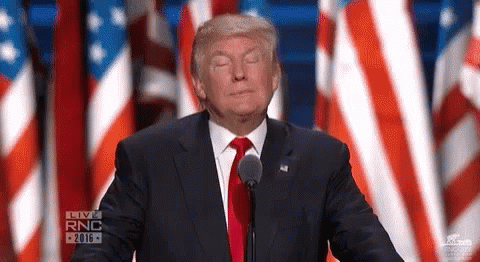💳 Card Hack of the Week

For credit card geeks, it’s important to understand how credit card annual fees are charged. Because nearly every credit card charges one.
Of course, we should all be aware that we can have these annual fees waived by simply calling up customer service or doing it via online banking.
However, one sneaky trick that UOB uses is deducting your UNI$ in lieu of the actual annual fee payment. In other words, they take out bank points you’d typically be transferring into air miles and using that to pay the annual fee.
Many people may not notice this but it’s an important factor to watch on all UOB cards. Remember, check your UNI$ balance if a card’s annual fee is coming up as the default for UOB is to charge the annual fee in UNI$ if there are enough of them in your account.
Like actual annual fees, you can also get these UNI$ refunded to your account so do make sure to do that.
🎯 Personal Finance Quick Action

Alright, so it happened sooner than expected. The UOB One account cut its key interest rates across the board. The bottom line?
Instead of an effective interest rate (EIR) of 4% per annum (p.a.) on the first S$150,000 you had deposited with them, you’ll now be receiving 3.3% p.a. on that same amount come 1 May 2025.
Why’s that the case? It’s basically down the US Federal Reserve and how they view rates given the Trump tariffs. With rates likely to be cut further, most analysts now expect three to four interest rate cuts in 2025, versus just two last month.
The end result is that savers in Singapore should be looking at other options besides bank accounts to actually get a yield. One option that offers a guaranteed yield for its lifetime (of 10 years) is Singapore Savings Bonds (SSBs) but the only downside to that instrument is that has a holdings cap of S$200,000.
For those willing to take on slightly more risk, many cash management accounts offer various yields based on the level of risk you’re willing to take. The bottom line, though, is that yields cut start to come down faster than we thought at the beginning of this year.
For a detailed breakdown, check out my TikTok post here.
📈 Market Money Moves

Asian stock markets got crushed by President Trump’s across-the-board tariffs announced on nearly all countries globally, with Vietnam hit particularly hard.
However, Singapore’s Straits Times Index ended the week down “only” 3.9%, much better than most other global markets.
Tim’s Take: Singapore’s stock market has proved to be invaluable as a defensive option amid the absolute carnage in stock markets this past week.
The so-called “Liberation Day” on 2 April that was built up by President Trump turned out to be a markets bloodbath akin to the Game of Thrones’ “Red Wedding” episode. In other words, it was not pretty for anyone who owned stocks of any sort this week.
Of course, whether Trump actually decides to stead ahead with his tariffs – or if it’s some twisted negotiating tactic – is a whole other matter. What was interesting was that Singapore’s stock market didn’t react all that horribly to the Liberation Day developments.
Thursday’s stock market reaction was relatively muted and, while Friday’s was steeper with a 3.0% decline, it was less bad than other Asian markets.
Indeed, SGX Research revealed that the two best-performing stocks in the Straits Times Index in the first quarter of 2025 were ST Engineering Technologies (SGX: S63) and Sembcorp Industries (SGX: U96). The former delivered a total return of an incredible 46% in Q1 2025 while the latter managed to deliver a total return of 15% in the same period.
How are they managing to avoid the broader market malaise? For one, ST Engineering Technologies is a defence-focused firm and we know that Trump is abandoning allies like there’s no tomorrow. Sembcorp Industries? Well, it’s a utility and involved in renewable energy. It’s seen as a more defensive play in the local stock market.
Either way, it’s an interesting development for investors and one that’s worth watching. Typically, in recessions, the Utilities sector outperforms and Industrials are being viewed as positive in this environment, both in Singapore and the US.
For more info on this story, check out my TikTok post here.
👋 How I Can Help
Introducing Miles Consulting from Tim Talks Money
I’m excited to announce the launch of my Miles Consulting service! Through this service, you’ll get:
✨ Exclusive 60-minute one-on-one consultation
📊 Comprehensive credit card spend audit
📝 Personalised miles report
💳 Maximise sign-up bonuses
🚫 Avoid the pitfalls
✈️ Expert Singapore Airlines insights
💡 Optimise for couples/families